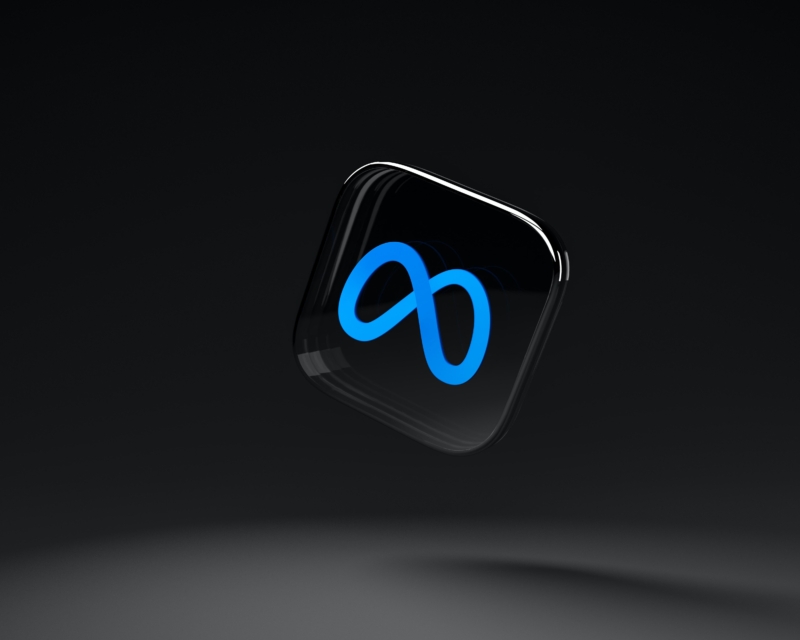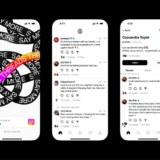Meta’s Bold Move: A New Era of Privacy Beckons with End-to-End Encryption
In a seismic shift towards bolstering user privacy, Meta Platforms declared a paradigm-shifting move on Wednesday: the introduction of end-to-end encryption for personal messages and calls on Messenger and Facebook. Loredana Crisan, the Head of Messenger, exuded enthusiasm in a blog post on Meta’s website, asserting, “We take our responsibility to protect your messages seriously and we’re thrilled that after years of investment and testing, we’re able to launch a safer, more secure and private service.”
This technological feat comes with immediate availability, though existing Messenger chats might undergo a gradual transition to default end-to-end encryption. The announcement reflects Meta’s commitment to fortifying the security of user interactions in the digital realm.
End-to-end encryption, a buzzword in the cybersecurity lexicon, assures users that their communications remain impervious to prying eyes, be it developers, hackers, or law enforcement. Simply put, it’s the digital cloak that transforms plain text into an unreadable language, making messages inaccessible to anyone except the sender and intended recipient.
While encryption is not a newfound concept for Meta, whose WhatsApp platform already champions encrypted messages, this unveiling signifies a fundamental shift. Messenger previously allowed users to opt into end-to-end encryption as an optional setting. Now, privacy-conscious users can rejoice as this safeguarding feature becomes the default setting.
The journey towards this technological milestone wasn’t without its hurdles. Loredana Crisan shed light on the meticulous process, noting, “This has taken years to deliver because we’ve taken our time to get this right. Our engineers, cryptographers, designers, policy experts and product managers have worked tirelessly to rebuild Messenger features from the ground up.”
However, the road to encryption is a fraught one. Governments worldwide have been at odds with tech giants over encrypted messaging apps, citing concerns about their potential misuse by criminals. The Trump administration, in 2019, requested a “back door” to encrypted messages, a plea stoutly rejected by Meta on grounds of privacy and security infringement.
In a more recent clash, the British government urged Meta in September to exercise caution in rolling out encryption on Instagram and Facebook Messenger, emphasizing the need for safety measures to protect children from sexual abuse. Loredana Crisan sought to allay concerns, stating, “We worked closely with outside experts, academics, advocates and governments to identify risks and build mitigations to ensure that privacy and safety go hand-in-hand.”
As the digital landscape continues to evolve, Meta’s bold move into default end-to-end encryption signals not just a technological leap but a redefined commitment to user privacy. The debate between safeguarding personal communications and enabling law enforcement access rages on, leaving us to navigate the delicate balance between security and accountability in this new era of digital discretion.





